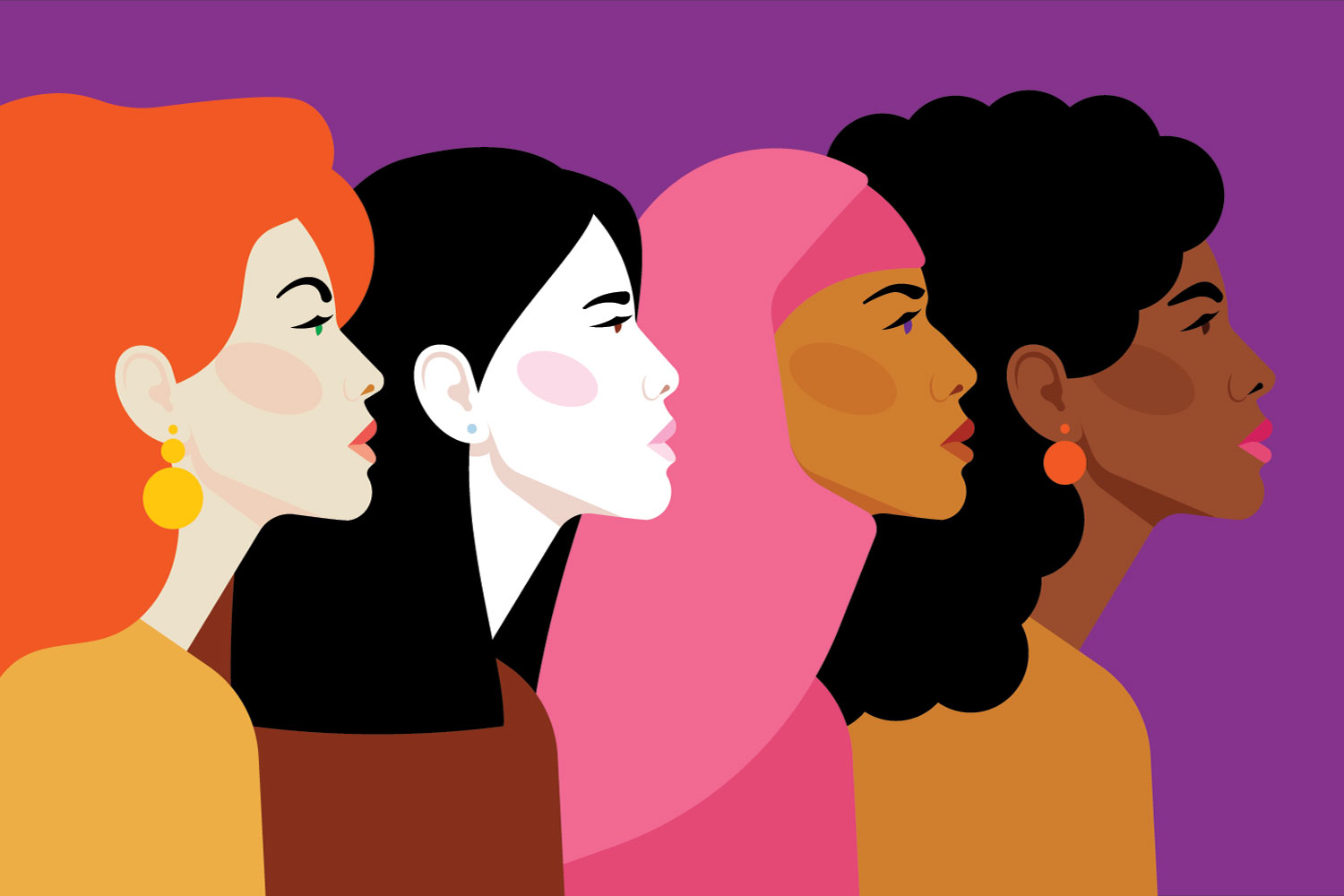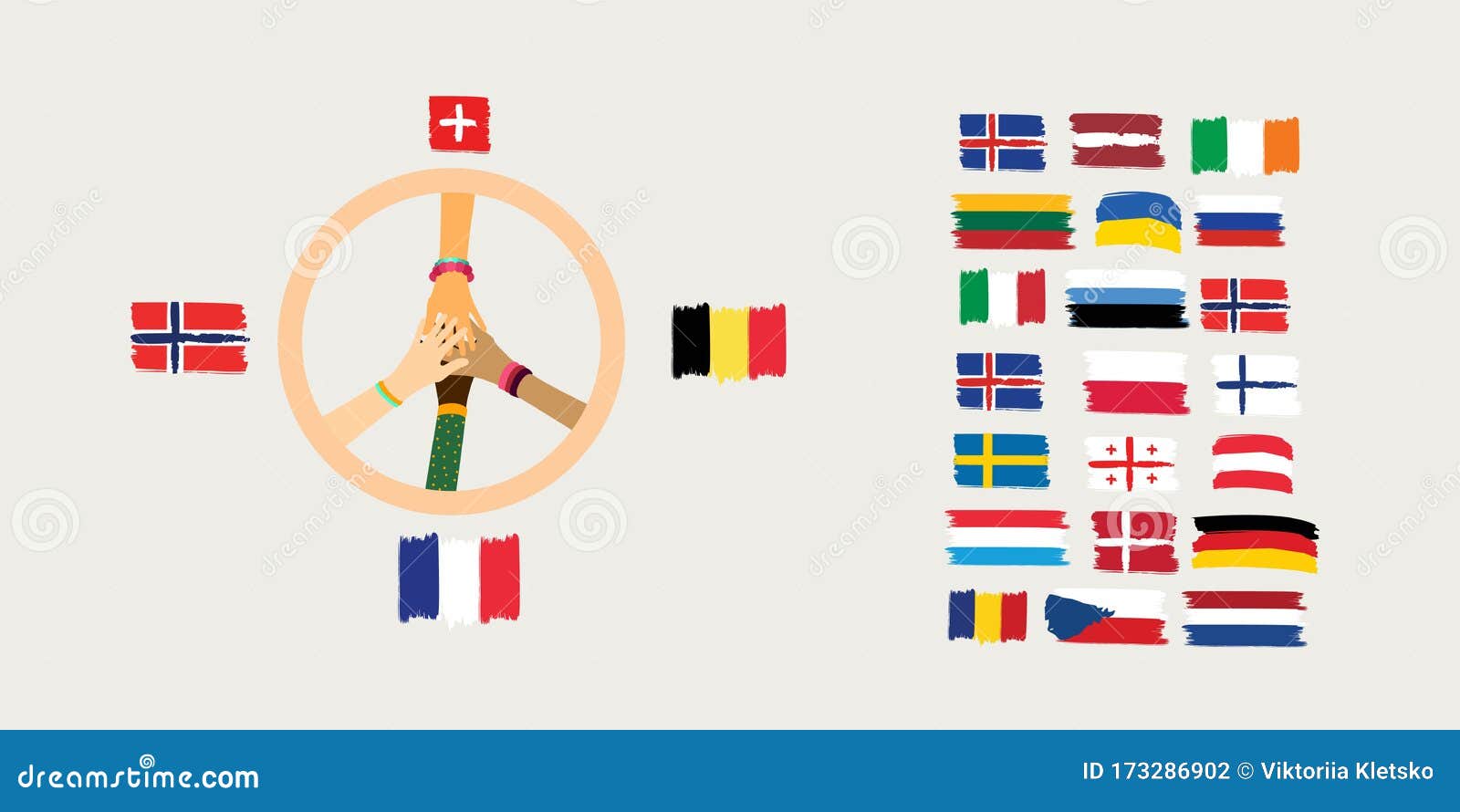Culture Freedom: Embracing The Beauty Of Diverse Perspectives
Hey there, culture enthusiast! Today we're diving deep into the world of culture freedom, where diversity meets expression and creativity thrives. Imagine a world where everyone has the space to celebrate their unique traditions, languages, and customs without fear of judgment. That's what culture freedom is all about, my friend! So buckle up because we're about to explore this incredible concept that's shaping our global society.
Now, you might be wondering, what exactly does culture freedom mean? Simply put, it's the idea that every individual has the right to express their cultural identity freely. Whether it's through music, art, clothing, or even food, culture freedom encourages us to embrace who we are and share it with the world. And let's be real, in today's interconnected world, that's more important than ever!
But hold up, why should you care? Well, culture freedom isn't just about personal expression; it's about building bridges between different communities. It's about understanding and appreciating the richness that comes from diverse perspectives. So, whether you're a traveler, a student, or just someone curious about the world, this topic is for you. Let's get started!
Read also:Baddies East Sky The Ultimate Guide To Understanding The Phenomenon
Understanding Culture Freedom
What Is Culture Freedom Anyway?
Alright, let's break it down. Culture freedom is all about giving people the space and opportunity to express their cultural heritage without restrictions. It's not just about wearing traditional clothing or speaking a specific language; it's about being able to live authentically and proudly in your skin. Think of it as a global movement that celebrates individuality and promotes mutual respect.
Here's the thing: culture freedom isn't just a buzzword. It's a powerful idea that can transform societies by fostering inclusivity and reducing prejudice. When we allow people to express themselves freely, we create environments where creativity can flourish and innovation can thrive. And who doesn't want that, right?
Why Culture Freedom Matters
Let's talk about why culture freedom is so important in today's world. First off, it promotes diversity and inclusion, which are essential for building strong, resilient communities. By embracing cultural differences, we learn to appreciate the unique contributions that each person brings to the table. Plus, it helps break down stereotypes and challenges outdated notions of what it means to be "normal."
But wait, there's more! Culture freedom also plays a crucial role in preserving cultural heritage. In a world where globalization can sometimes lead to cultural homogenization, it's vital that we protect and celebrate the traditions that make us who we are. By doing so, we ensure that future generations can continue to enjoy the rich tapestry of human experience.
Key Benefits of Culture Freedom
Boosting Creativity
When people feel free to express their cultural identities, amazing things happen. Artists create stunning works that reflect their heritage, musicians compose music that tells their stories, and writers pen tales that capture their unique perspectives. This kind of creative expression not only enriches our cultural landscape but also inspires others to explore their own identities.
Take, for example, the vibrant street art scene in cities around the world. Many of these artists draw inspiration from their cultural backgrounds, creating pieces that speak to universal themes while maintaining a distinct cultural flavor. This blending of influences is what makes culture freedom so powerful and dynamic.
Read also:Pastel De Nata Blondies The Ultimate Sweet Fusion Thatrsquoll Make Your Taste Buds Dance
Promoting Social Cohesion
Culture freedom isn't just about individual expression; it's also about building stronger, more cohesive societies. When we encourage people to share their cultural traditions, we create opportunities for dialogue and understanding. This, in turn, helps reduce tensions and fosters a sense of belonging among community members.
Think about it: when you attend a cultural festival or participate in a traditional ceremony, you're not just learning about someone else's way of life; you're also building connections with people who may have different backgrounds but share common values. That's the magic of culture freedom!
Challenges to Culture Freedom
Cultural Appropriation vs. Appreciation
Let's talk about a sensitive topic: cultural appropriation. While culture freedom encourages us to embrace and celebrate diverse traditions, it's important to do so respectfully. Cultural appropriation occurs when elements of a culture are taken out of context or used in a way that disrespects their original meaning. This can be hurtful and even damaging to the communities from which these traditions originate.
On the flip side, cultural appreciation involves learning about and respecting the origins of cultural practices. It's about acknowledging the history and significance behind these traditions and ensuring that they are shared in a way that honors their creators. So, how do we strike the right balance? Education and open communication are key. By fostering a deeper understanding of different cultures, we can promote appreciation rather than appropriation.
Legal and Social Barriers
Unfortunately, not everyone has the freedom to express their cultural identity without facing legal or social barriers. In some parts of the world, governments impose restrictions on cultural practices, limiting people's ability to celebrate their heritage. Additionally, societal pressures can make it difficult for individuals to embrace their cultural identities, especially if they fear backlash or discrimination.
But here's the good news: there are organizations and activists working tirelessly to advocate for culture freedom around the world. By raising awareness and pushing for policy changes, they're helping to create a more inclusive and accepting global community. And that's something we can all get behind!
How Culture Freedom Shapes Our World
Globalization and Culture Freedom
Globalization has brought people from all corners of the world closer together, creating new opportunities for cultural exchange. However, it has also raised concerns about cultural homogenization, where local traditions are overshadowed by dominant global cultures. This is where culture freedom comes in. By promoting the preservation and celebration of diverse cultural identities, we can ensure that globalization doesn't come at the expense of cultural diversity.
For instance, many countries have implemented policies to protect their cultural heritage, such as supporting traditional crafts, languages, and festivals. These efforts help maintain the unique character of different regions while also encouraging cross-cultural collaboration and innovation.
The Role of Technology
Technology has played a significant role in promoting culture freedom by providing platforms for people to share their stories and connect with others who share similar interests. Social media, in particular, has become a powerful tool for cultural expression, allowing individuals to showcase their traditions and reach audiences far beyond their local communities.
But technology isn't just about sharing; it's also about preserving. Digital archives and online resources are making it easier than ever to document and safeguard cultural heritage for future generations. This ensures that even as societies evolve, their cultural roots remain intact.
Culture Freedom in Action
Case Studies from Around the World
Let's take a look at some real-world examples of culture freedom in action. In Canada, for instance, the government has implemented policies to support multiculturalism, recognizing the value of diverse cultural expressions in building a cohesive society. Similarly, in India, the promotion of regional languages and traditions has helped preserve the country's rich cultural tapestry.
Meanwhile, in South Africa, the concept of "Ubuntu" – a philosophy emphasizing community and interconnectedness – has become a guiding principle for promoting culture freedom. By encouraging people to embrace their differences while also finding common ground, Ubuntu fosters a sense of unity and mutual respect.
Initiatives and Organizations
There are countless organizations dedicated to promoting culture freedom around the world. One such initiative is the United Nations Educational, Scientific and Cultural Organization (UNESCO), which works to protect cultural heritage and promote intercultural dialogue. Through programs like the International Day of Cultural Diversity for Dialogue and Development, UNESCO raises awareness about the importance of cultural diversity and encourages people to celebrate their unique identities.
Other organizations, like the Cultural Survival, focus on supporting indigenous communities and advocating for their rights to cultural self-determination. By amplifying the voices of these often marginalized groups, they help ensure that their traditions and knowledge are preserved and respected.
Practical Tips for Embracing Culture Freedom
How You Can Make a Difference
So, what can you do to support culture freedom in your own life? Here are a few practical tips to get you started:
- Learn about different cultures and traditions. Read books, watch documentaries, and attend cultural events to broaden your understanding.
- Engage in respectful dialogue with people from different backgrounds. Ask questions and listen actively to gain insights into their perspectives.
- Support cultural preservation efforts. Donate to organizations working to protect endangered languages, traditions, and artifacts.
- Challenge stereotypes and biases. Call out discriminatory behavior when you see it and work to create inclusive environments.
- Celebrate diversity in your community. Organize events or activities that highlight the cultural richness of your neighborhood.
Encouraging Others to Join the Movement
Spreading the word about culture freedom is crucial for creating lasting change. Share your knowledge and experiences with others, and encourage them to embrace the beauty of diversity. By working together, we can build a world where everyone feels free to express their cultural identity without fear of judgment or discrimination.
Remember, culture freedom isn't just about celebrating our differences; it's about recognizing the common humanity that binds us all. So, let's continue to push for a more inclusive and accepting global community, one where everyone has the opportunity to thrive and share their unique gifts with the world.
Conclusion
In conclusion, culture freedom is a powerful concept that has the potential to transform societies by promoting inclusivity, creativity, and mutual respect. By embracing our cultural identities and celebrating the diversity that surrounds us, we can create a more harmonious and vibrant world. So, go out there and make a difference! Share this article with your friends, leave a comment below, and let's keep the conversation going.
And hey, if you're hungry for more insights into the world of culture freedom, be sure to check out our other articles on this topic. Together, we can build a brighter future for everyone!
Table of Contents
- Culture Freedom: Embracing the Beauty of Diverse Perspectives
- Understanding Culture Freedom
- Key Benefits of Culture Freedom
- Challenges to Culture Freedom
- How Culture Freedom Shapes Our World
- Culture Freedom in Action
- Practical Tips for Embracing Culture Freedom
- Conclusion


